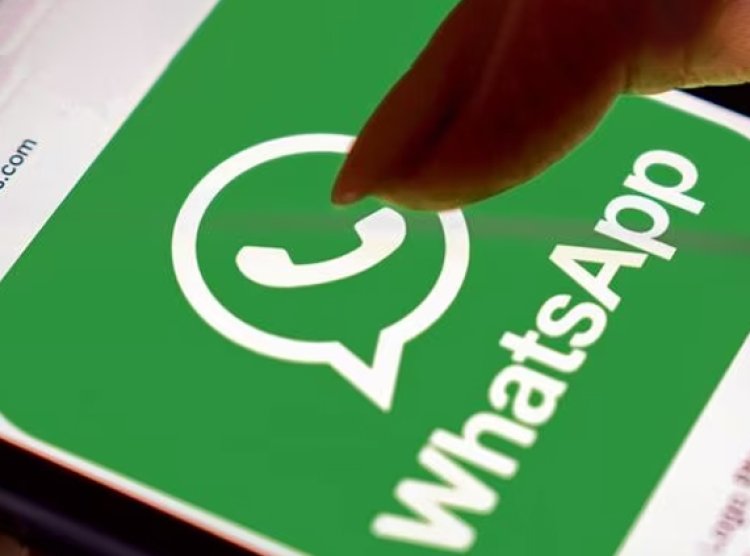WhatsApp's Upcoming Security Boost: Custom Passwords for Chat Folders
WhatsApp's Security Upgrade: Anticipating Custom Passwords for Chat Folders to Bolster Privacy and Protect Conversations - What You Need to Know

WhatsApp is reportedly gearing up to introduce a new custom password feature for protected chat folders, aiming to bolster the security of user conversations. According to insights from WABetaInfo, a platform that tracks WhatsApp features, this enhancement will empower users to set unique passwords for safeguarded chat folders, providing an extra layer of security to sensitive discussions.
With this forthcoming feature, users will have the option to enter their custom code directly into the app's search bar to unlock their secured chats. Additionally, configuring this secret code is expected to allow users to manage locked chats from their companion devices, enhancing accessibility and control.
This update is poised to make its debut through the Google Play Beta program, specifically within the 2.23.21.9 beta version for Android. However, it's important to note that as of now, this feature remains unavailable to testers and is expected to be included in a future app update.
Moreover, the WhatsApp features tracker has provided a glimpse of the secret code creation feature, revealing that WhatsApp recommends using simple words or straightforward emojis for easy access. Users may also enjoy the flexibility to modify or delete their secret codes as needed, ensuring convenience alongside heightened security.
This development follows WhatsApp's May introduction of the Chat Lock feature, which offered Android and iOS users a means to enhance the privacy and security of their conversations. With Chat Lock, users can apply locks to their chat threads, unlocking them via a passcode, fingerprint, or facial recognition. Locked chat threads are then moved to a separate folder, safeguarding the confidentiality of conversations even if someone gains access to the user's device. Furthermore, notifications for these chats remain discreet, concealing sender names and message previews.

 Sumit Rawat
Sumit Rawat 










